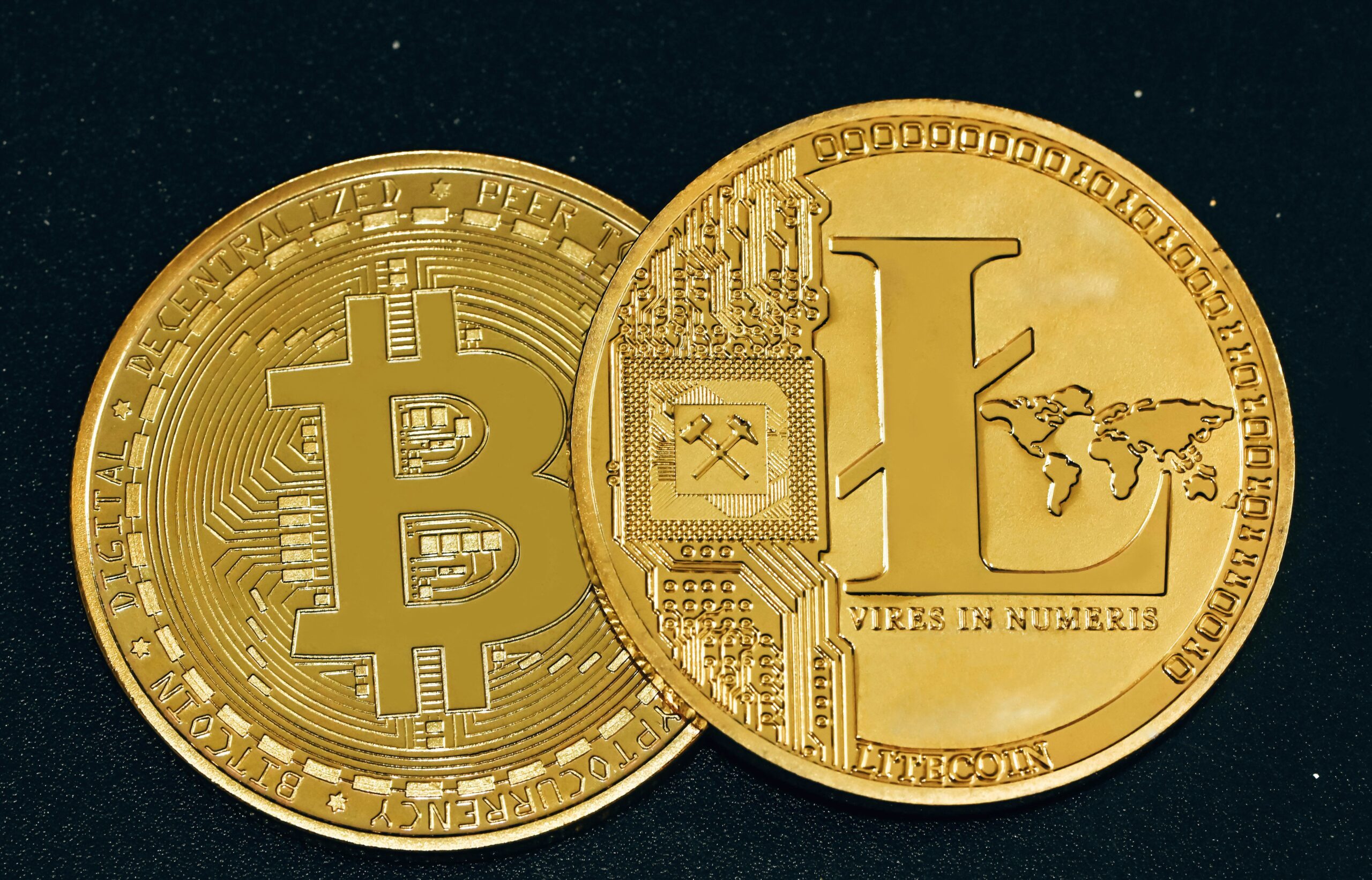In June 2024, Nigerian Afrobeat artist David Adeleke, popularly called Davido, promoted a meme coin, “$DAVIDO.” A meme coin is a cryptocurrency that aims to create a fun image and attract investors. $DAVIDO surged by 200 percent after its launching, but later depreciated by 56 percent before it crashed. Davido withdrew approximately $474,000 before the crash, leaving most investors at a loss. Fraudulent crypto schemes, such as $DAVIDO, lead to public distrust in cryptocurrencies, aversion to investing in them, and increases governments’ clampdown on the cryptocurrency market. At the same time, fraudulent crypto schemes further threaten cryptocurrency adoption in Nigeria and limit its potential for financial inclusion for Nigerians. Nigerian authorities should educate the public about cryptocurrencies and hold promoters of fraudulent schemes accountable. These steps will protect crypto investors, maintain public trust, and achieve sustainable adoption of cryptocurrencies.
EFCC can work with ARCON to address fraudulent cryptocurrency schemes that social media influencers in Nigeria occasionally promote.
The government should provide adequate education to the public about the risks associated with cryptocurrency investment. The Securities and Exchange Commission (SEC) should spearhead digital asset investment education initiatives in partnership with the National Orientation Agency and private stakeholders. Although the SEC warns the public occasionally about fraudulent crypto schemes, there should be a more proactive approach. The Economic and Financial Crimes Commission (EFCC)’s proactive effort in fraud prevention is commendable. Though not specifically about crypto investments, EFCC provides tips on its website about how to avoid falling victim to scams.
The SEC and EFCC should provide crypto-specific information about avoiding fraudulent investment schemes. Through their websites and other platforms such as social media, local radio, and television stations, the SEC and EFCC can equip Nigerians with the knowledge to identify and avoid cryptocurrency schemes. For example, the SEC’s Investor Education page should include information about cryptocurrency investment schemes. Adequate public awareness will ensure informed participation and foster trust in the Nigerian crypto market.
The Advertising Regulatory Council of Nigeria (ARCON) has a role to play in preventing cryptocurrency scams as well. ARCON is responsible for ensuring all advertisements and marketing towards the Nigerian public are honest, truthful, and devoid of misinformation. ARCON has the power to sanction any individual or organization that violates these standards. It should exercise its powers to hold promoters of fraudulent cryptocurrency schemes accountable. For example, it should require influencers and advertisers to conduct due diligence on cryptocurrency projects before endorsing such cryptocurrencies. In addition, ARCON should enforce sanctions on promoters of fraudulent schemes, including fines and public disclosure of violations.
EFCC can work with ARCON to address fraudulent cryptocurrency schemes that social media influencers in Nigeria occasionally promote. EFCC can help monitor and investigate influencers promoting suspicious cryptocurrency projects. They can trail such influencers’ financial transactions to identify fraudulent activities, freeze ill-gotten funds, and ensure restitution for victims. Furthermore, the EFCC can prosecute influencers involved in such frauds and their collaborators. Sanctions and prosecution will prevent future fraud and deter potential offenders.
The dual approaches of public education and regulatory enforcement will enhance investor protection and boost trust in Nigeria’s cryptocurrency industry. Such measures will ensure sustainable cryptocurrency adoption in Nigeria and strengthen its potential for financial inclusion.
Jude Terna Ayua is a writing fellow at African Liberty.
Article was first published by The Guardian.
Photo by Traxer via Unsplash.

